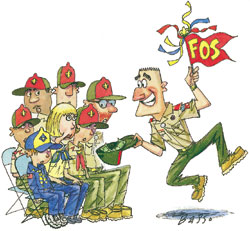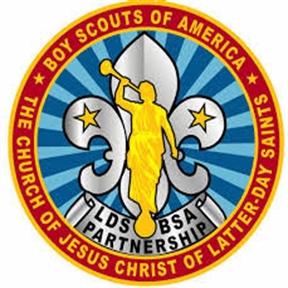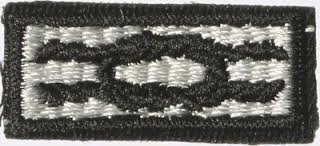Permission to Fail!
The other day, I was talking to a friend of mine from college who was recently called to be the Young Men President in his ward, and he was feeling lost about what to do and where to go with his program. He inherited a program that, well, didn’t really exist. He was frustrated because he wanted to do what is right; but I suspect like many of you, he was conflicted with balancing time in calling, work, family, and personal time. He was frustrated with what he thought needed to be done, and what he felt could actually be accomplished. He is not what we would call a HUGE Scouter, nor has he drunk the Scouting Bug Juice yet; but he is a good man who wants to do what is right by his young men.
As I tried to talk him off a proverbial ledge, it got me thinking. Sometimes in Scouting, we need permission to fail. My friend wants to do everything right, but he is afraid to fail because he doesn’t know what to do.
One of the GREAT things about Scouting is that it is a place where it can be okay to FAIL. It is a place where a young person can try something new and find out weather or not it works. Adults can experiment with leading and mentoring youth and discover what works and what doesn’t. Youth leaders can challenge the different methods of leadership and receive instant feedback on which principles and methods work and which ones lead young people to dig in their heals like stubborn mules. there are very few things in Scouting that we cannot fix, when they go wrong. Scouting is a great leadership laboratory, in which the principle of failure applies for adults as well as youth. Failure can be a hard, but effective teacher, and better someone learn these lessons in Scouting, where we can correct them and learn from them, than in the real world where things are more finite. Continue reading “Failure. It belongs in Scouting. “





